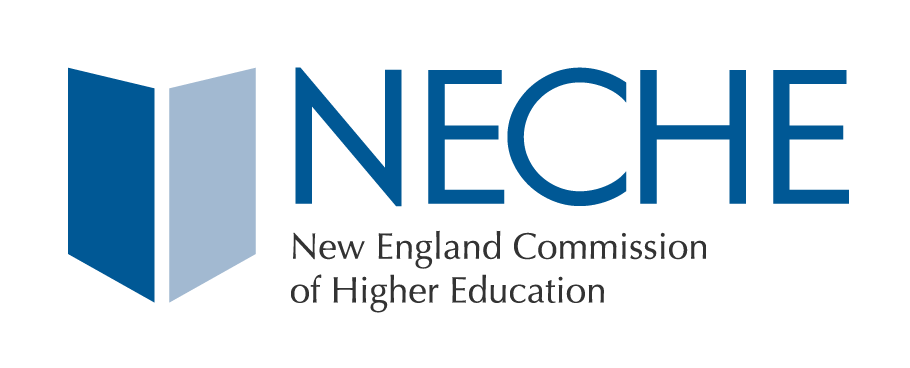The Commission recognizes the importance of timely resolution of complaints, consistent with fairness to the complainant and the institution. In cases where circumstances beyond the Commission’s control necessitate modification of the timeline below, the involved parties will be so informed.
- Commission staff review and respond to complaints or inquiries about complaints within 30 working days of receipt.
a) If the complaint does not meet each of the nine criteria outlined above and/or is found to be not within the scope of Commission policies and/or jurisdiction, the complainant is informed, and the matter closed. (Individuals with concerns that do not meet the criteria for complaints may be advised to submit Public Comments.)
b) If the complaint meets the nine criteria outline above, appears to be within the scope of Commission policies and jurisdiction, and is adequately documented, a copy of the complaint and supporting documentation is forwarded to the institution’s chief executive officer, who is requested to provide a response within 30 working days. The matter is then placed on the agenda of the next Commission meeting.
c) In the event a complainant revises or updates a complaint after it has been accepted, Commission staff may review and respond to the revised complaint within 30 working days in accordance with paragraphs a) and b) above. - If the institution acknowledges the complaint is valid, it advises the Commission in writing of the actions taken to rectify the situation. Should the institution deny that the complaint is valid, it provides the Commission a written response indicating why it believes the allegations made are either untrue or do not represent a breach of the Commission’s standards. Such a response should include supportive documentation where appropriate.
- At its next scheduled meeting, the Commission considers the complaint and the institutional response and takes action as it deems appropriate. The Commission Chair, at their sole discretion, may call a special meeting to act on a complaint when it is believed in the public interest to do so.
- The complainant and the institution are notified in writing of the Commission’s determination regarding the complaint within 30 working days after the Commission meeting.
- Member institutions shall not take retaliatory action against an individual who has filed a complaint with the Commission, or against an individual who expresses concerns privately to the visiting team at the time of a comprehensive evaluation or other institutional visit. Allegations of retaliatory action will be reviewed by the Commission. If the Commission finds that an institution has taken any form of retaliatory action in response to the filing of a complaint, the Commission will treat such action as a violation of Standard 9 on Integrity, Transparency, and Public Disclosure and may take action as it deems appropriate and necessary.
- Complaints against institutions accredited by other recognized institutional accrediting bodies will be referred to the appropriate accrediting agency.
- Complaint materials and the Commission’s decision become part of the institution’s NECHE file. At the time of an institution’s comprehensive evaluation, if the Commission has received three or more complaints concerning the same matter during the last accreditation cycle, it provides the visiting team with a summary of those complaints and their disposition. The visiting team is then asked to confirm that the institution’s practice in the matter is in compliance with the Standards for Accreditation.
- The Commission generally discloses the identity of the complainant; however, in extreme circumstances, the Commission may determine that a matter of concern is best submitted to the chief executive officer of the institution for response without identifying the name of the complainant. In all instances, the complainant must self-identify to the Commission and provide permission to have the complaint submitted to the institution.
- Once an institution has responded to a complaint, in unusual circumstances and at its sole discretion, the Commission may send the institution’s response to the complainant along with a request for additional information.
The Commission processes complaints as stated in this policy, using good faith in its review. The Commission reserves the right to terminate any further processing on a complaint or suspend consideration of future complaint inquiries and/or complaints by the complainant(s) for a period of up to five years if the complainant(s) is threatening or aggressive in communications with the Commission or Commission staff, or in the judgment of the Commission, the repetitive nature and volume of the complaints by the complainant(s) rise to the level of harassment.

